How to Spot a Predatory Conference, and What Science Needs to Do About Them: a Guide
How to Spot a Predatory Conference, and What Science Needs to Do About Them: a Guide
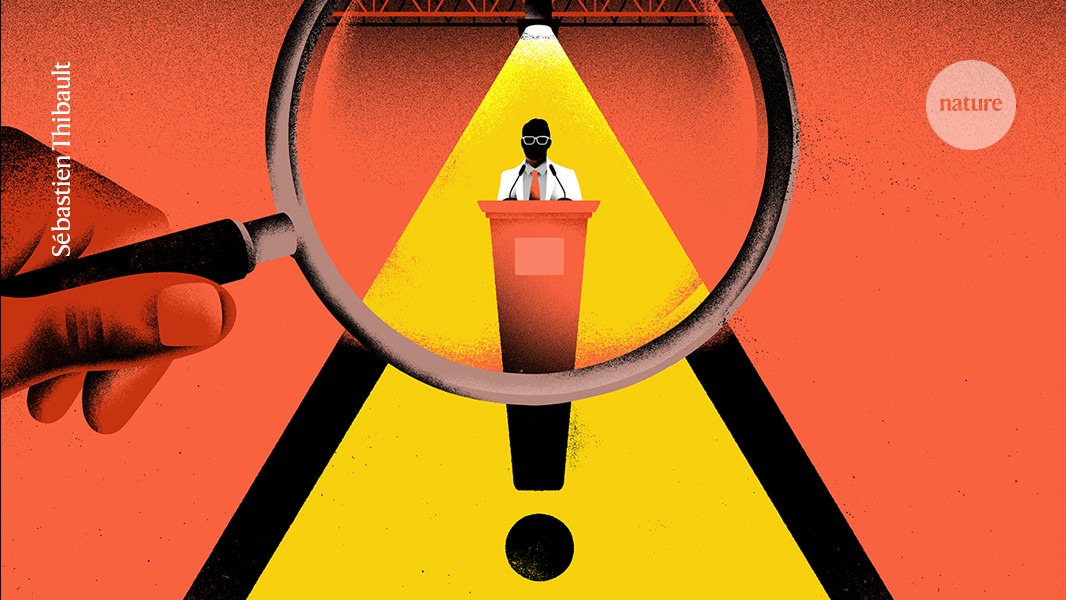
Send us a link

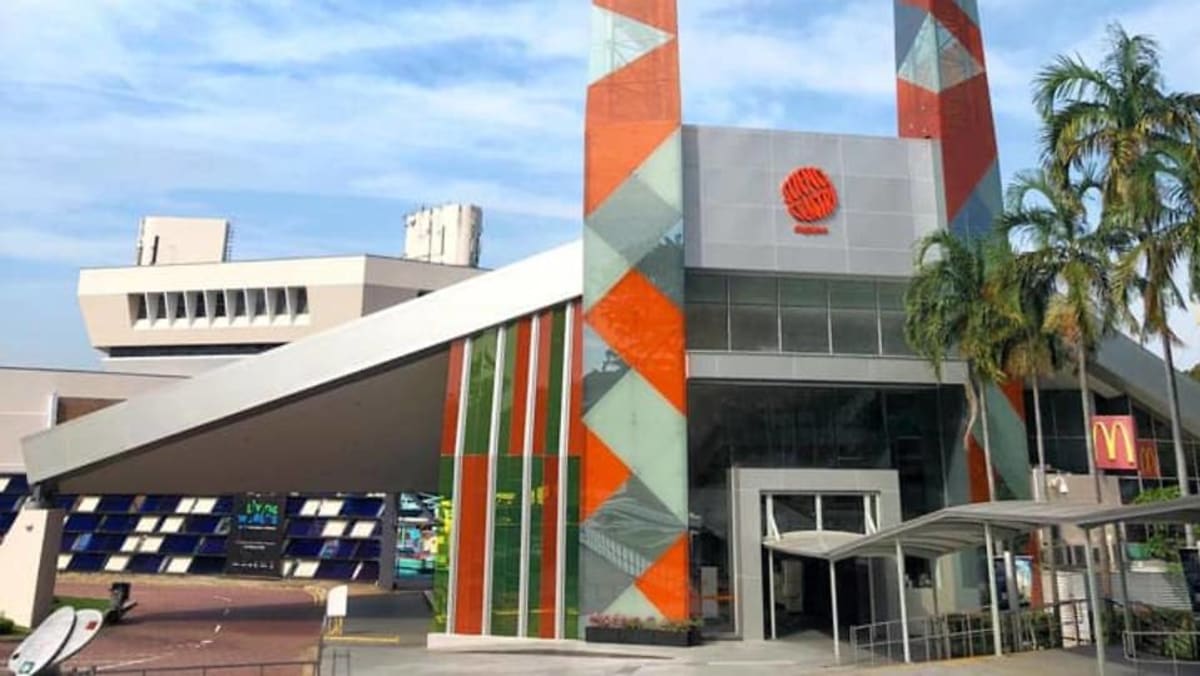
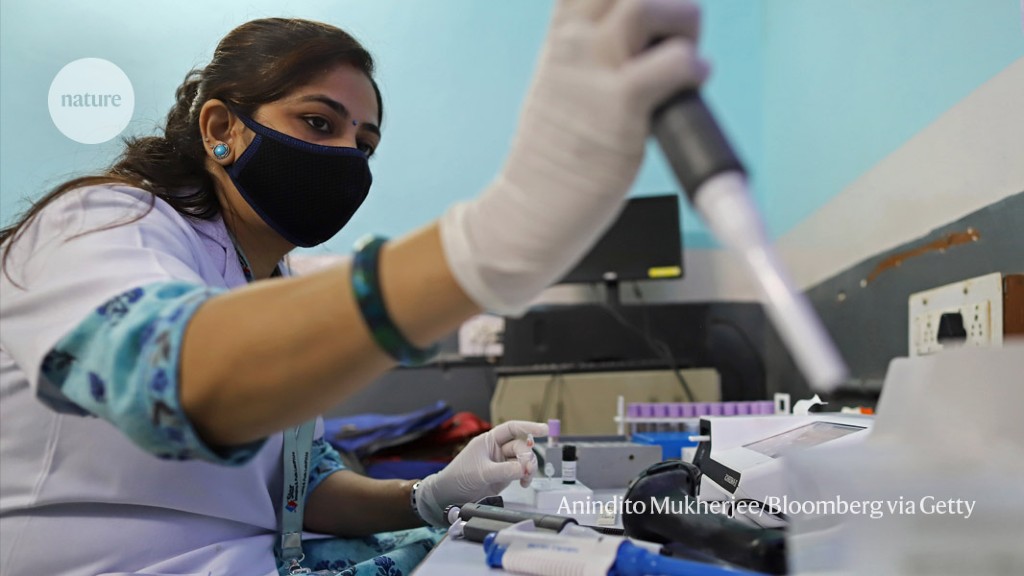
Following Moscow’s invasion of Ukraine a fear of working with the West, sanctions, visa restrictions, travel issues and an exodus of academics have forced Russia to retreat from the global scientific conversation.

UNESCO and its partners are organizing an official side event on 23 March during the United Nations’ 2023 Water Conference on indigenous knowledge of water governance and management.

The Declaration on Research Assessment (DORA) recognizes the need to improve the ways in which the outputs of scholarly research are evaluated.

This paper develops a new indicator based on an academic's inferred co-presence at conferences. It finds that hierarchy and influence play a stronger role in determining a scientist's performance in the context of informal networks than they do when considering formal co-publication networks.
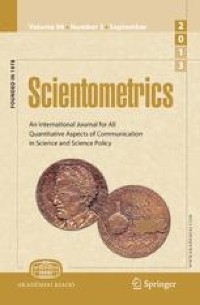
Science Europe is organising a conference on Open Science. Institutional leaders, researchers at all stages of their careers, and experts from the field are invited to this event to discuss whether Open Science is ready to become the norm in research, and how to ensure an equitable transition.

With the easing of the global COVID-19 pandemic, conference organizers now have the option to return to in-person conferencing once again.
Organizing events that can be attended in-person or online is tricky. Planning and communicating early will save headaches on the day.
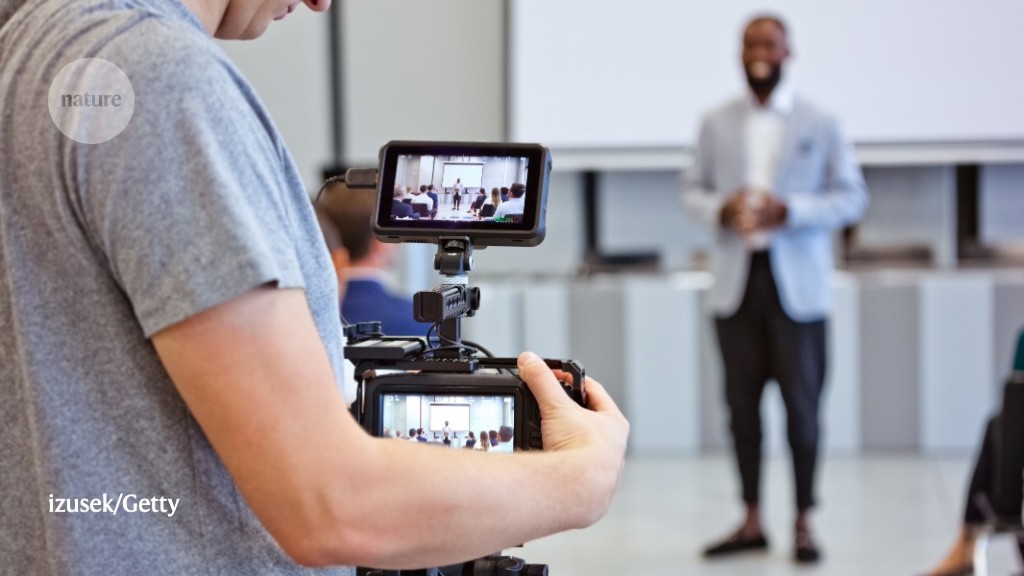
A new conference explores ways research can turn the scientific method onto improving its own results.
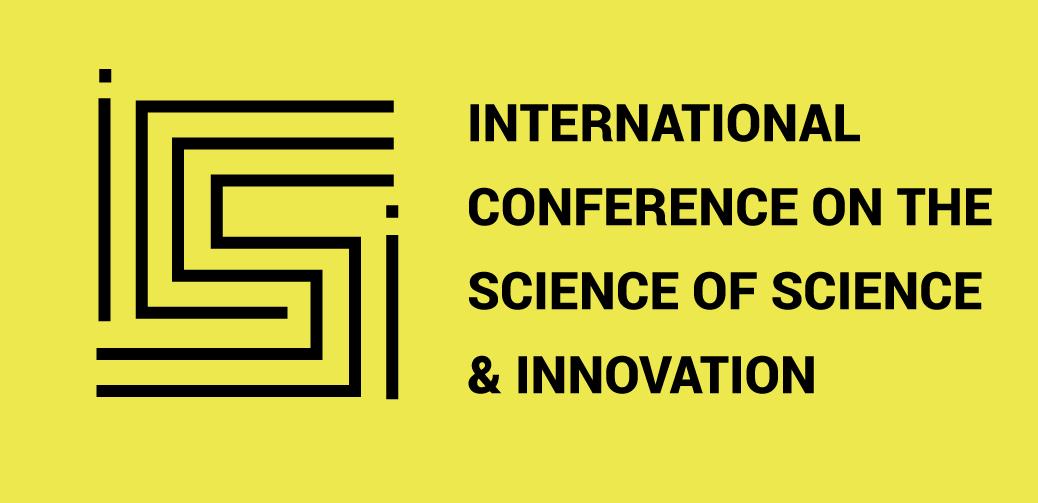
This article reports on the results of a study looking at the benefits and problems of remote and hybrid conferences, and what the changes in recent years will mean for meetings going forward.

This author offers lessons learned from year of running an online conference in 2021, designing a hybrid conference for 2022, and observing what event providers have offered and delegates have experienced.
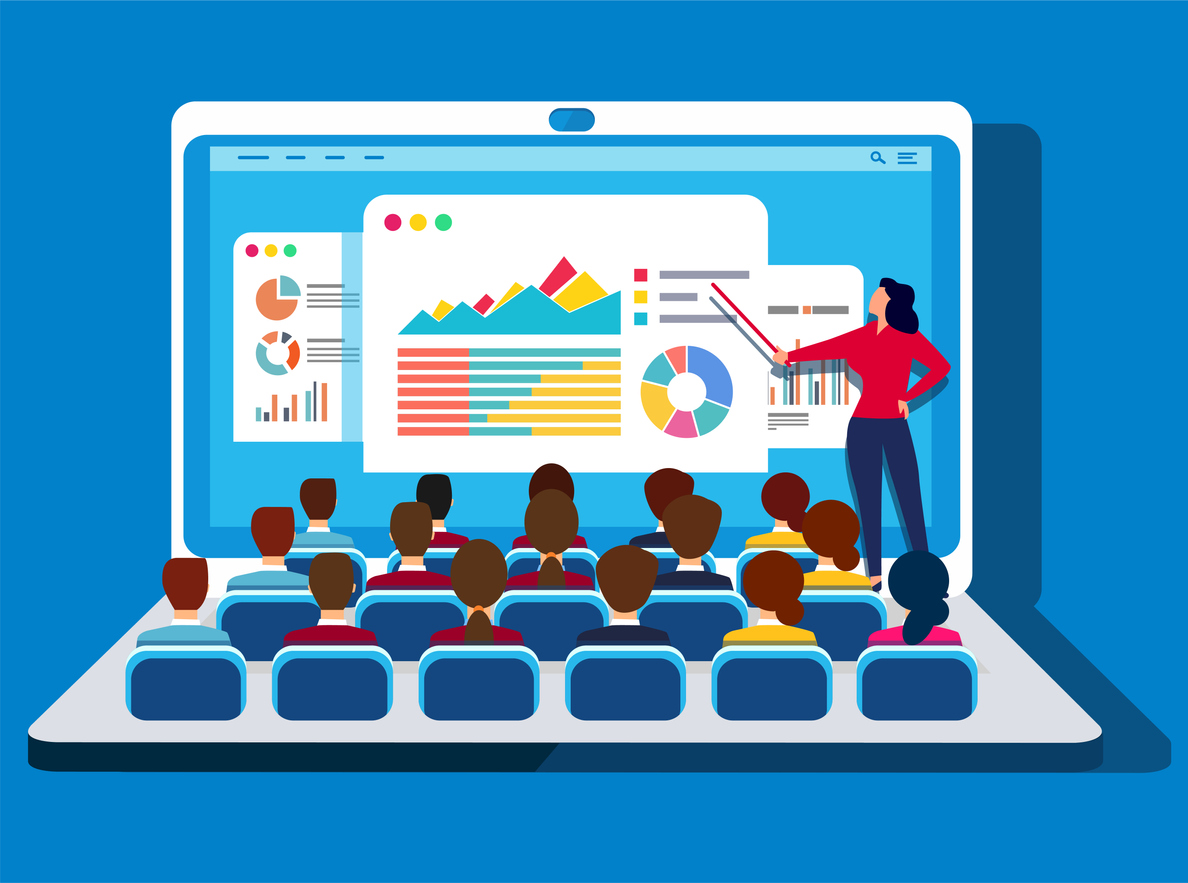
Artificial Intelligence in Digital Health (AIDHeal) is a network from the metropolitan Berlin-Brandenburg region that aims to address the severe shortage of expertise in the areas of data science, machine learning and digital health in Germany.
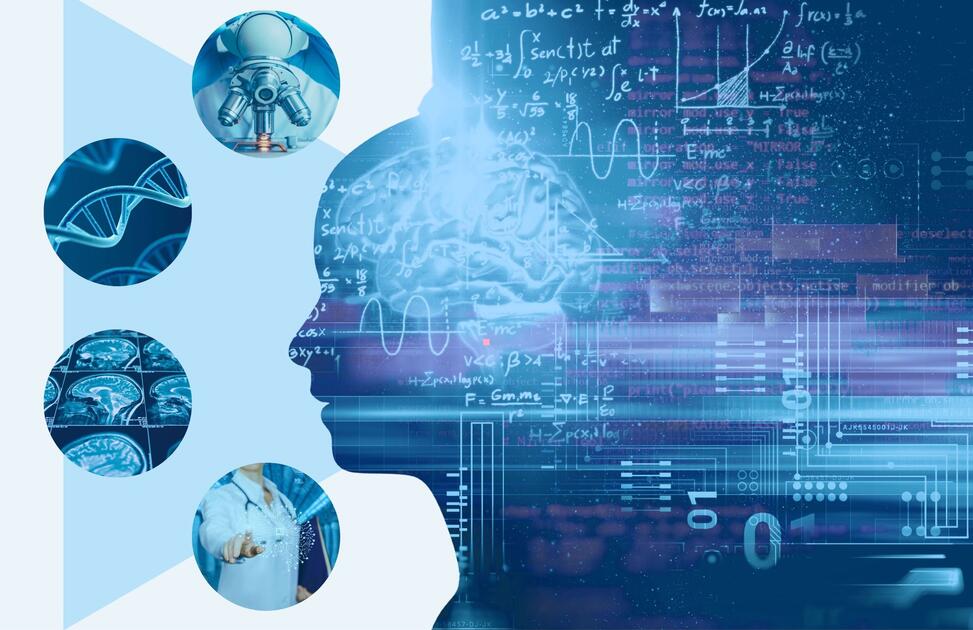
Since in-person events are likely not going away, and neither are virtual ones, conference organizers are left with the most complex of options: hybrid. How can scholarly publishers help?
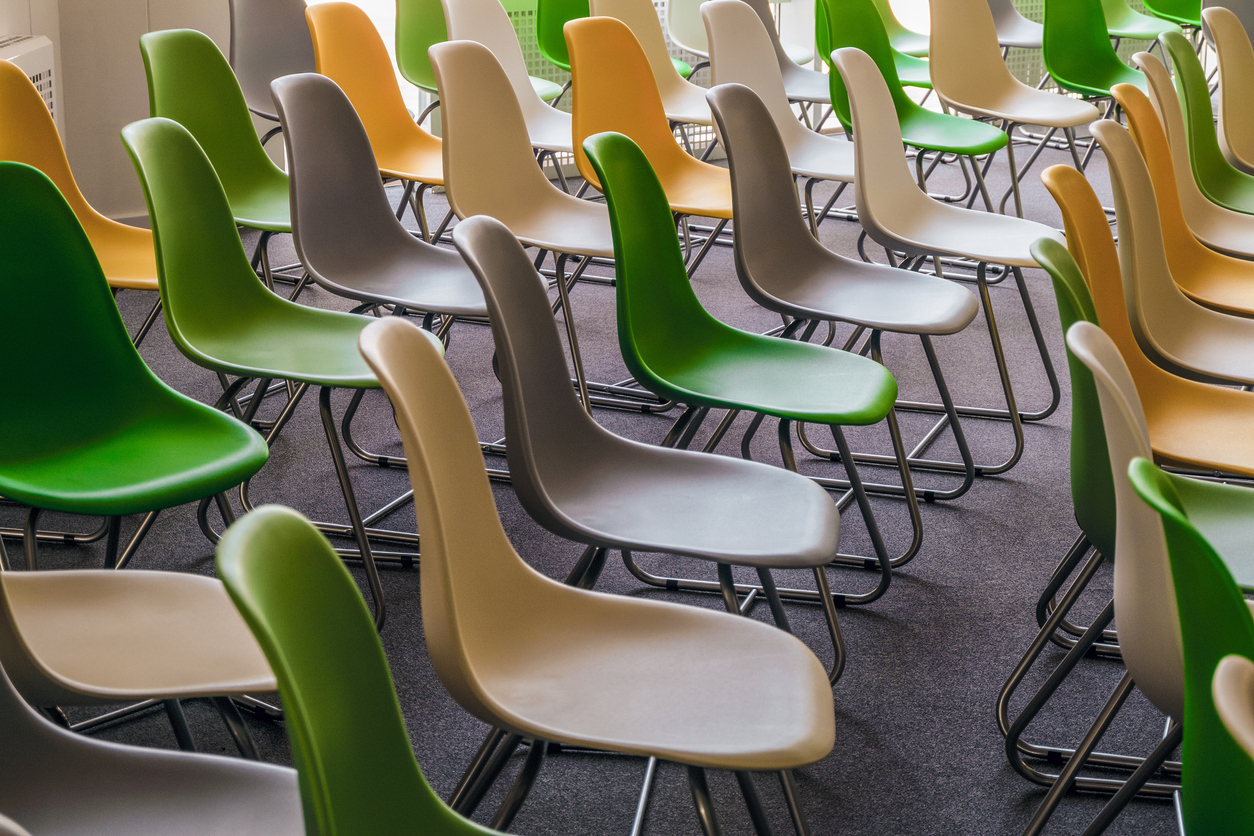
How scientists are perfecting the art of boiling down their work into a short, sharp hit.
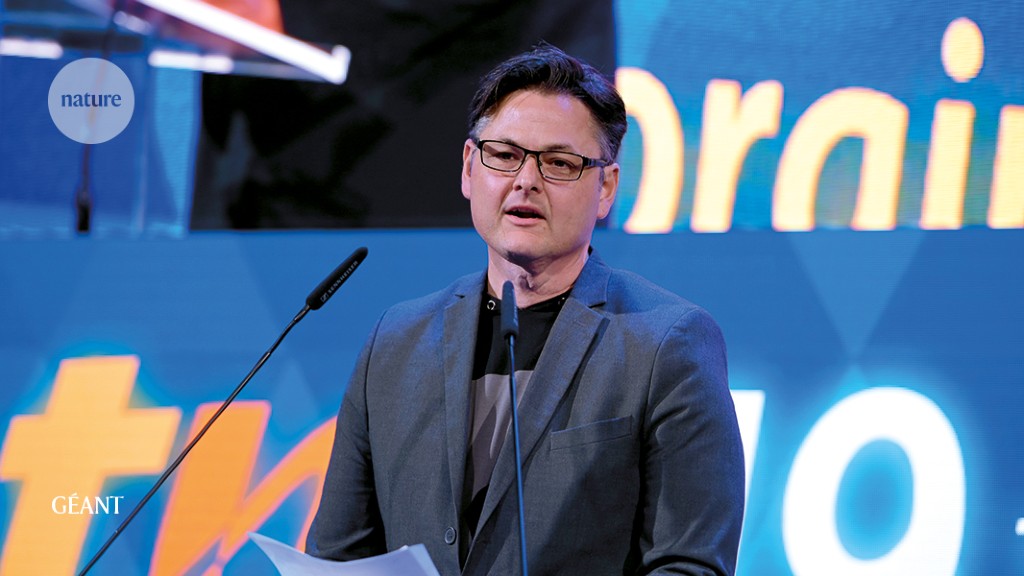
This is a series of webinars on six engaging and relevant topics as a precursor to a live event in 2022. These discussions will form part of the broader RI dialogue, and set a foundation we hope to build on in Cape Town when the RI community gather to – at long last – meet in person.
In the introductory talk of this event, the speakers argue that the role of data in society needs to be grasped as not only a development of capitalism, but as the start of a new phase in human history that rivals in importance the emergence of historic colonialism.
Nature is polling readers about the move to online meetings during the COVID pandemic.
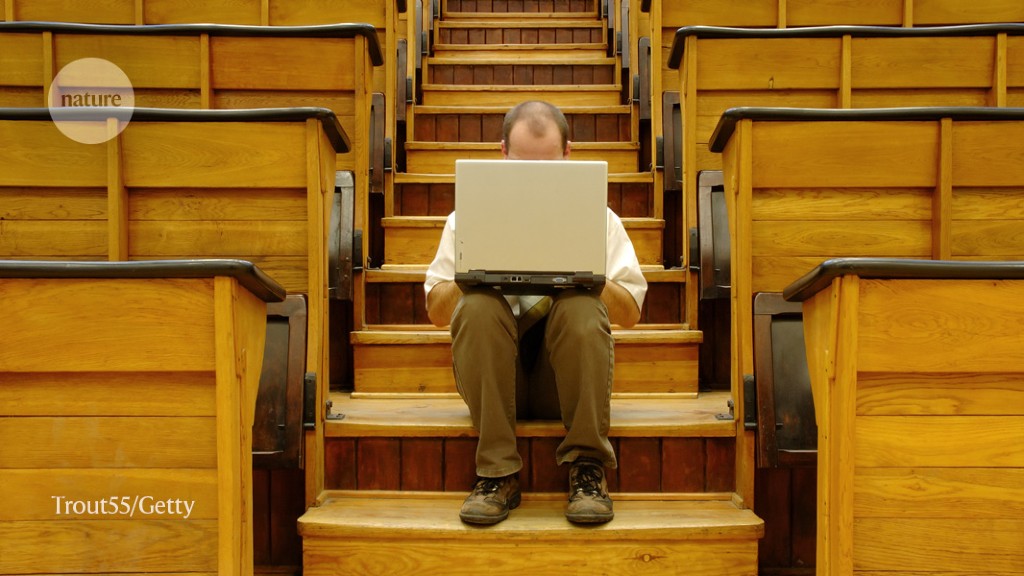
OpenAIREs 12th workshop on University approaches to Citizen Science in the transition to Open Science Institutional opportunities and challenges for creating an open and inclusive environment for Research.
The shift to virtual conferences needs to be accompanied by a sensitivity to people in different time zones.
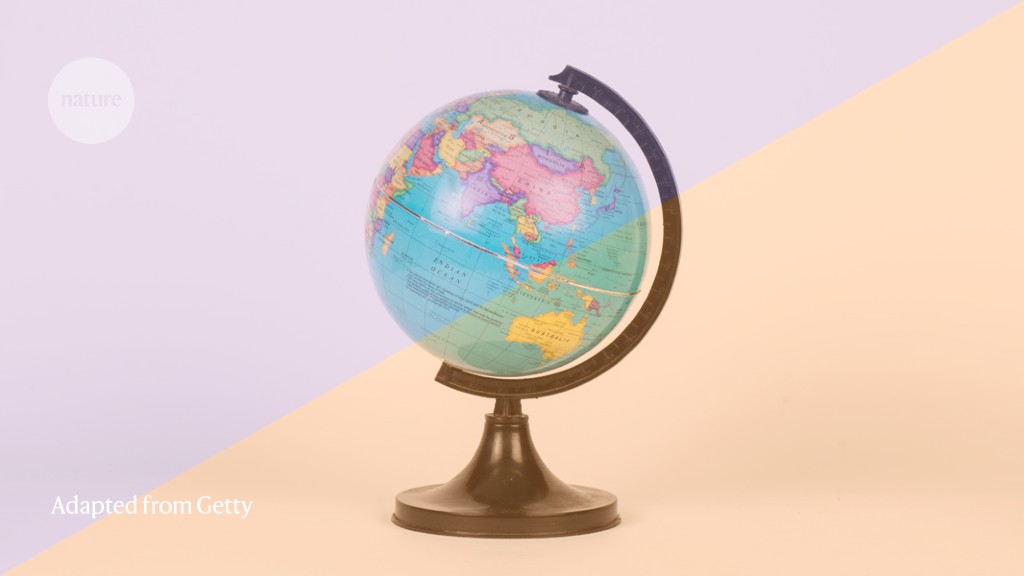
The disruptions caused by COVID-19 have led to an acceleration in the digitization of all major aspects of life - and has brought to light who the laggards are, and who leads the charge.
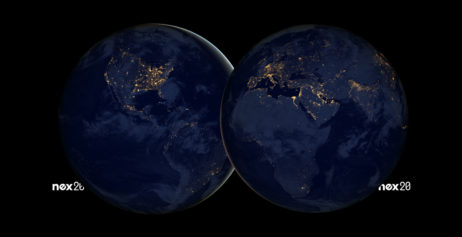
A Wikimedia initiative to develop open citations and linked bibliographic data to serve free knowledge. WikiCite is a series of conferences and workshops in support of that goal.
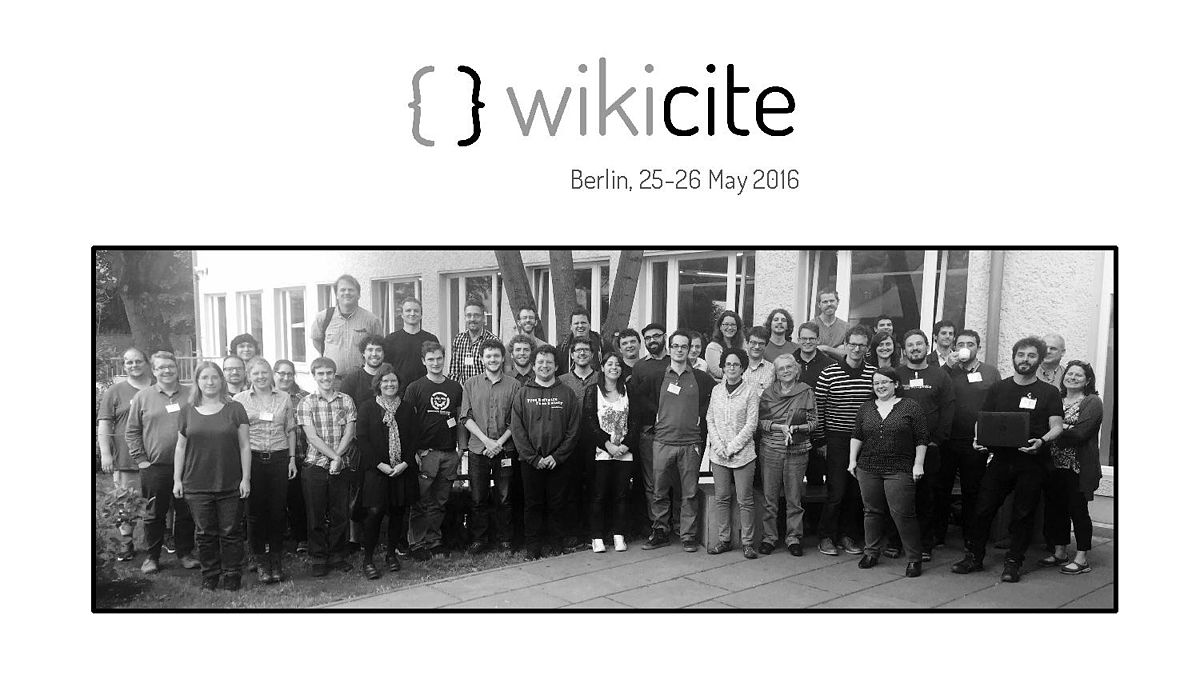
The Open Access Tracking Project (OATP), initiated in 2009, is a crowd-sourced social-tagging project that runs on open-source software. It captures news and comment on open access (OA) to research in every academic field and region of the world.
For three days this event brings together teachers, students, university management and other stakeholders from universities, politics and society. It will create a virtual space for exchange on higher education.
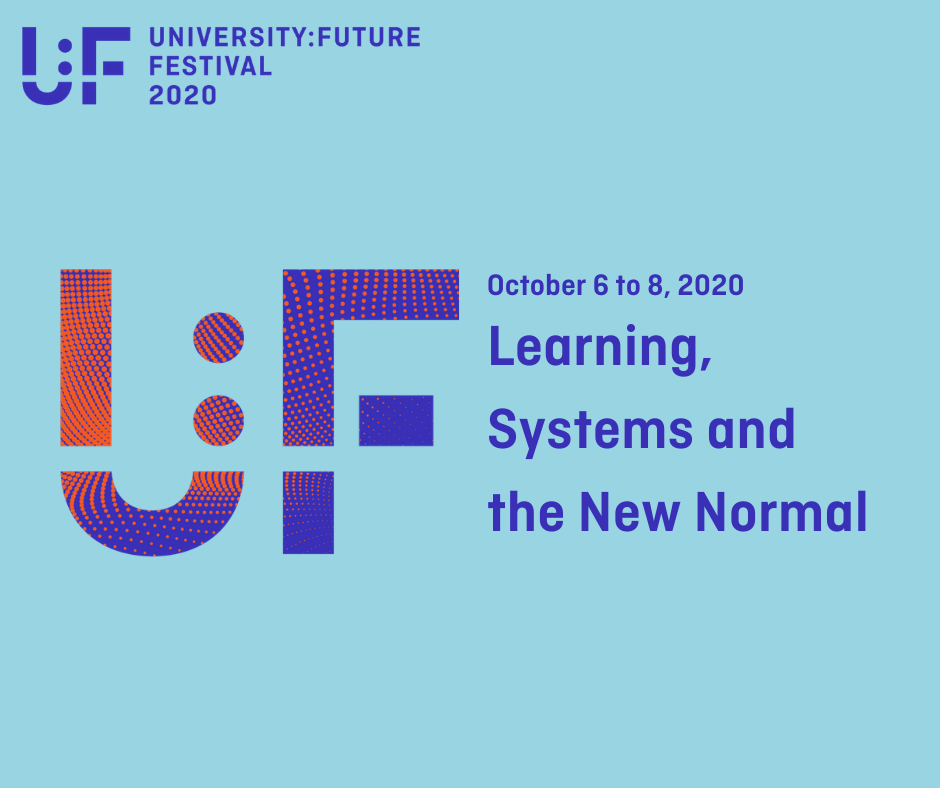
Bringing stakeholders together to shape future research and innovation policy. See the programme, check out the speakers and join online 22-24 September.
The Open Data Day 2021 will take place on 6th March. It is the annual global celebration of open data facilitated by the Open Knowledge Foundation.
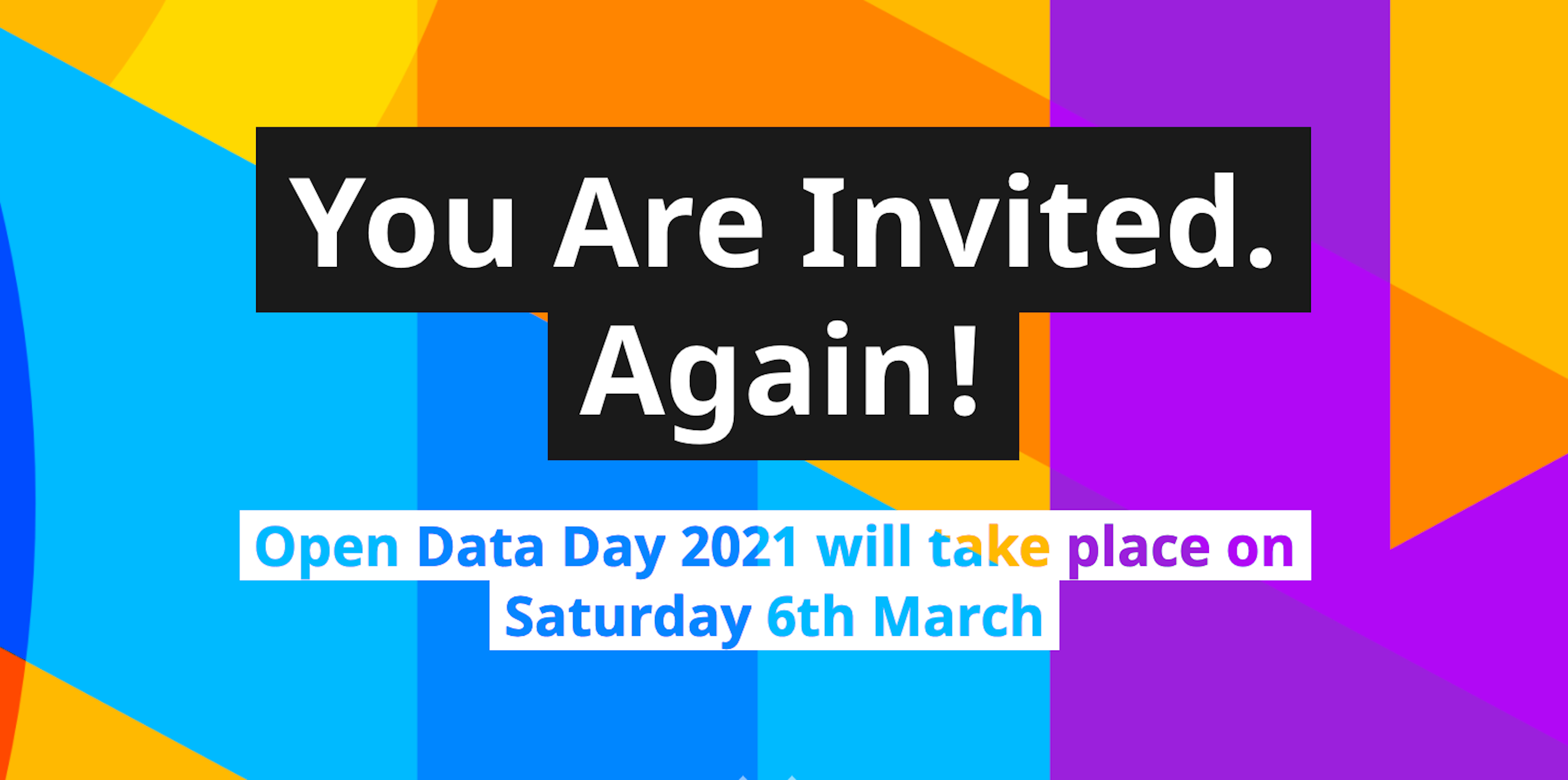
Online Conference on Open Access Scholarly Publishing: Final program available.
The Open Access Days are the central annual conference on Open Access and Open Science in the German-speaking world and will take place from 15 to 17 September 2020 as an online conference.